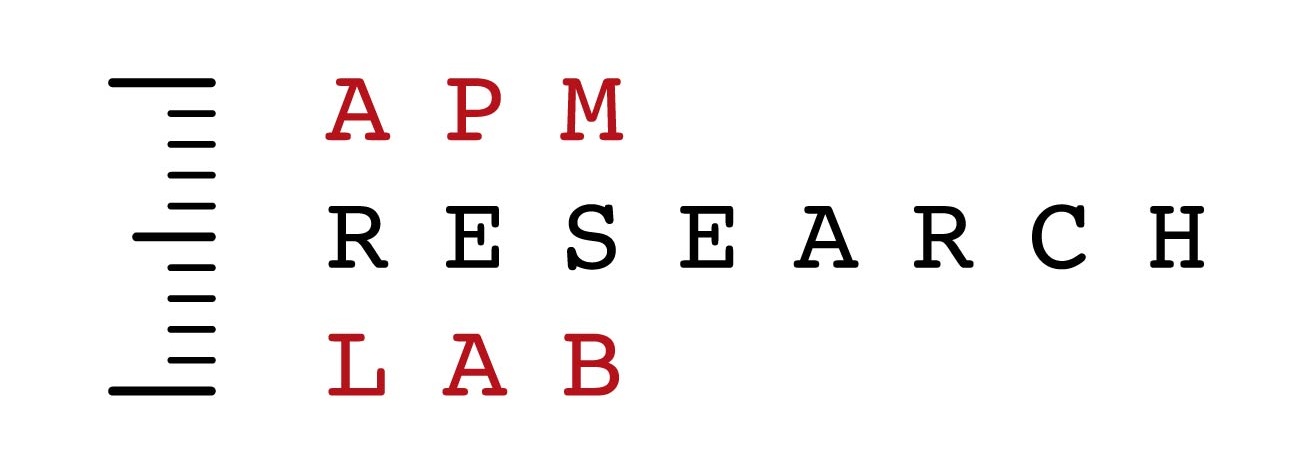Minnesotans: United on water, divided on immigration
Overall, the greatest share of Minnesotans feel the state is on the right track for providing safe drinking water, followed by protecting lakes and rivers.
Photo by Pexels
by Kassira Absar, Research Associate
Minnesotans: United on water, divided on immigration
Ground Level Survey reveals where Minnesotans’ opinions align and diverge
If Minnesota competed in a pageant, it might take the “Optimism” crown—if that were even a thing. The Ground Level Survey that we recently completed with Minnesota Public Radio News found that 82 percent of Minnesotans feel hopeful about the state’s future. What’s more, most Minnesotans feel the state is on the right track on an array of issues, from educating children to caring for older adults.
Specifically, the survey asked, “Thinking about the following topics, do you think Minnesota is generally on the right track or the wrong track when it comes to [ISSUE AREA]?” Even though well over half of Minnesotans think their state is on the right track on each of the nine issues we presented to them, that does not signal complete agreement or complacency. Where do Minnesotans stand on each end of the right track/wrong spectrum? What issues are the most unifying and which are the most divisive?
Source: MPR News | APM Research Lab 2017 Ground Level Survey of Minnesotans.
At the high end of agreement, 85 percent of Minnesotans feel the state is on the right track when it comes to “providing safe drinking water,” followed closely by “protecting lakes and rivers for things like swimming, boating, and fishing” at 80 percent. Most of its residents would seem to agree: Minnesota knows what it is doing when it comes to water.
On the other hand, Minnesotans are split when it comes to the issues of “providing care for those facing mental health issues” and “welcoming immigrants and refugees." While most Minnesotans feel the state is on the right track, the majorities are much less overwhelming; these two issue areas garner 56-57 percent right track responses overall.
These findings may suggest that the public could use more education on the threats or benefits of the work being done on these issues.
The splits on these issues are different, however. For example, the biggest geographic gap we found related to residents’ opinions of mental health care is a 15 percentage point gap between those living in the Twin Cities Suburbs (60% indicated “right track”) and those in St. Cloud Area (45%).
In contrast, we found a gap of more than twice that size in response to the question about immigration. Roughly 70 percent of Minnesotans in Minneapolis-St. Paul, the Twin Cities Suburbs, and the Duluth Area say the state is on the right track for immigration, while less than 40 percent of Central Minnesota and St. Cloud Area residents say the same thing.
So, should Minnesotans hold hands and chant in unison, “Drink the water! Play in the lakes! Eat our fish!”? After all, Minnesota is the Land of the 10,000 Lakes. Should the state be scrambling to change course on mental health care or immigration? Not necessarily.
Whether these findings accurately reflect the current situation of water, immigration, and mental health in Minnesota is a different story (or blog post). The results tell us less about whether specific policies are effective, and more about whether Minnesotans feel the state’s direction aligns with their views and values.
In some cases, these findings may suggest that the public could benefit from more education on the threats or benefits of the work being done on these issues. In other cases, the results may point to “wedge issues,” or points of unity that political parties might exploit in upcoming campaigns. In still others, the results may suggest where the state’s various actors—including the public, private, and nonprofit sectors—might focus their energies to impact meaningful change.
We have just issued a report that dissects responses to all of the survey’s “right track” questions. I invite you to take a look and let me know what conclusions you draw.
This article was authored by Kassira Absar, former Research Associate for the APM Research Lab.
Read more findings from our Ground Level Survey and listen to MPR News coverage on the range of views on immigration in Minnesota.
Reactions? Please email us your thoughts or respond on Twitter or Facebook.


